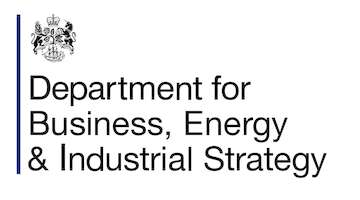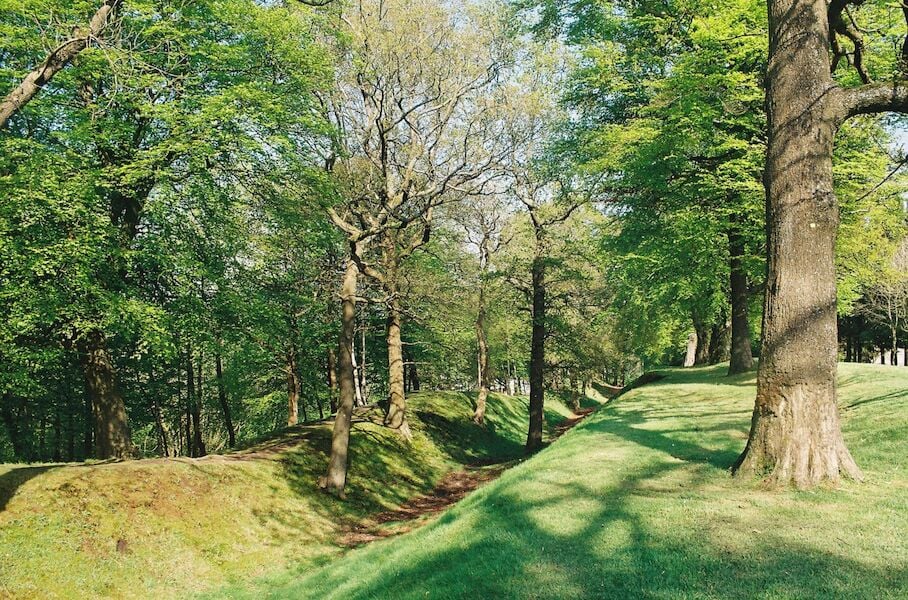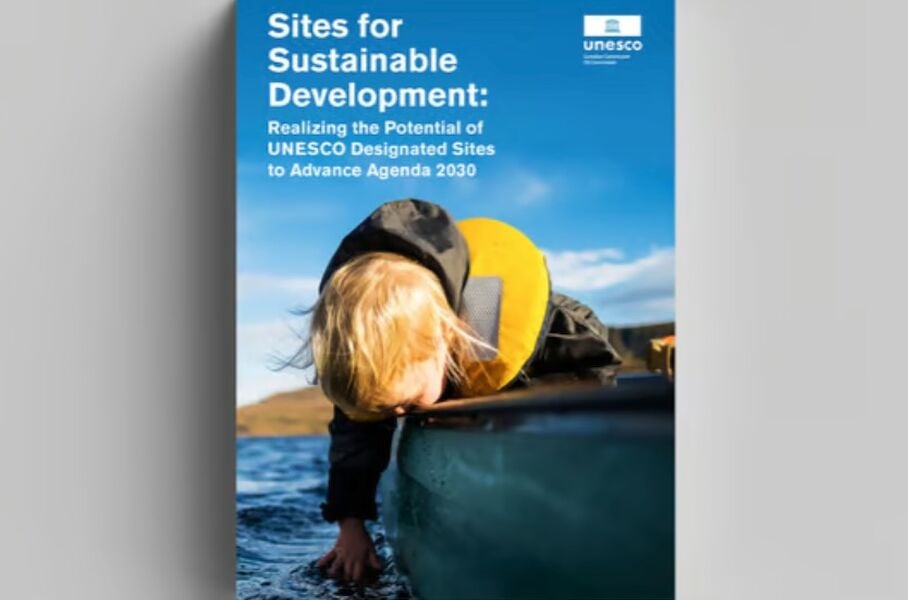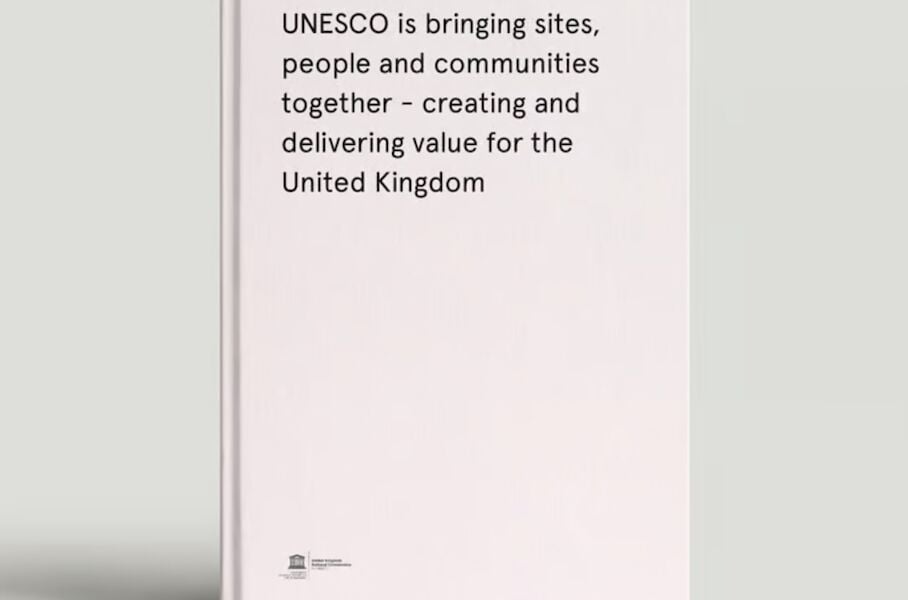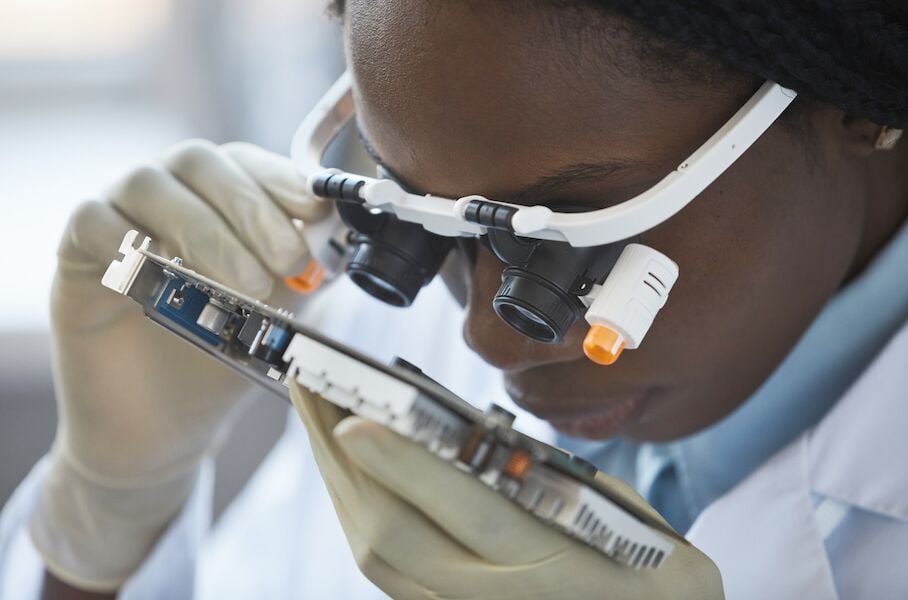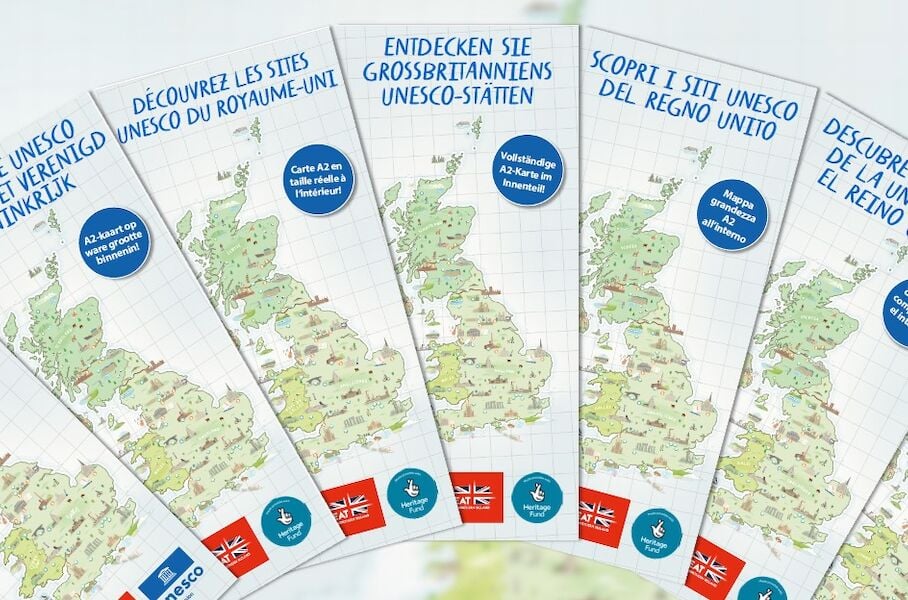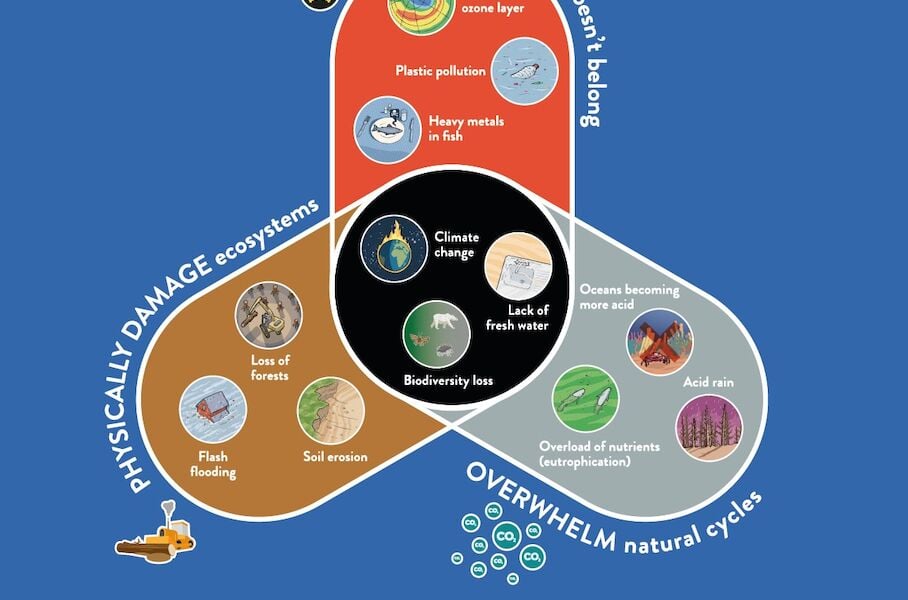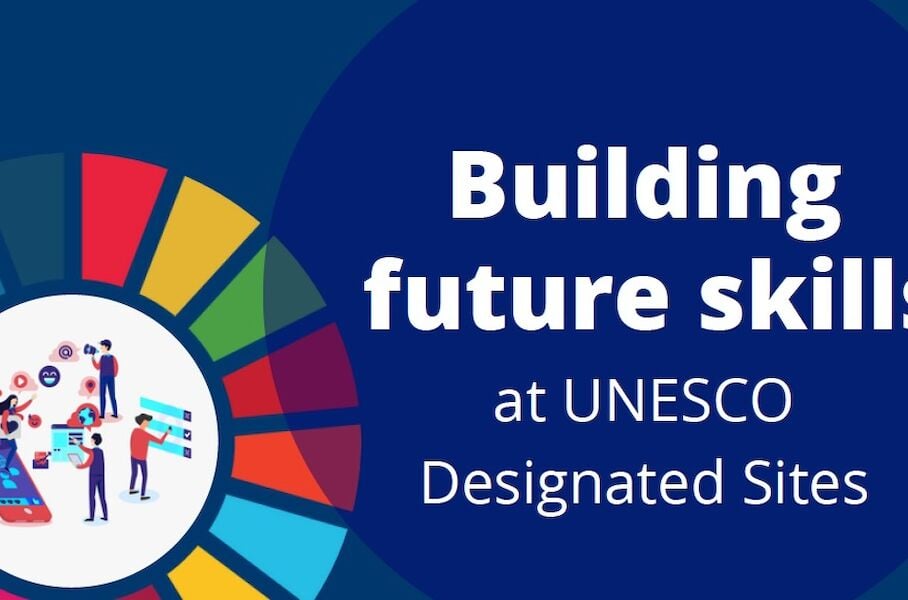The Newton Prize
Running from 2017 to 2020, The Newton Prize was a £1 million annual investment by the UK Govt Department for Business, Energy & Industrial Strategy (BEIS) for the best science and development partnerships between the UK and Newton Fund partner countries. The UK National Commission delivered the prize on behalf of BEIS as the aims of the prize were closely aligned with UNESCO’s mandate to use science & innovation, as well as international collaboration, to promote peace, security and sustainable development.
The Prize celebrated excellent innovation, research and knowledge-sharing and is awarded to Newton Funded projects already demonstrating tangible impact on global challenges.
Every Newton Prize applicant had the United Nations Sustainable Development Goals at the forefront of their work, and this was a key element to becoming a successful prize winner. The Newton Prize Committee reviewed all of the shortlisted applications, along with feedback from the expert peer reviewers, and selected the winners using a consistent scoring system.
Newton Prize Winners
EGYPT - New Tools to Diagnose and Treat Liver Cancer
Liver cancer is the most common type of cancer in Egypt due to the prevalence of associated conditions such as Hepatitis C, obesity and non-alcoholic fatty liver disease. All of which are steadily rising in developing countries. Researchers from Newcastle University and Minia University in Egypt are trying to identify new biomarkers to halt progression of the disease.JORDAN - Faynan’s Cultural Heritage Offers Route to Sustainable Development
Jordan has few natural resources and faces numerous challenges, such as water shortages and the Middle East refugee crisis. It also boasts spectacular sights and a rich history. Tourism is critical to its economic growth, but action is needed to ensure its benefits are received by local communities and the cultural and natural landscapes of Jordan are preserved. This project, based in an impoverished region of southern Jordan called Faynan, is showing how cultural heritage can be used to support sustainable developmentKENYA - Improving Diagnosis of Maternal Infections
Rates of maternal complications such as sepsis, still births, premature delivery, new-born sepsis, and new-born deaths are high in Kenya. A team of researchers from the University of Hull and Mount Kenya University, have collaborated to address the problem of maternal GBS, which is a dominant cause of stillbirths, neonatal sepsis and mortality in Kenya.SOUTH AFRICA - Tackling Food Insecurity in the Western Indian Ocean
The Western Indian Ocean is facing a humanitarian crisis. The livelihoods of 60 million people depend on the ocean. Professor Michael Roberts of the National Oceanography Centre at the University of Southampton and Nelson Mandela University argues that governments and international organisations need much more information and data to address this urgent but so far under-reported issue.TURKEY - Reducing CO2 Emissions with New Green Concrete
Construction and demolition is responsible for 30% of total urban waste and colossal CO2 emissions. This team, led by researchers from the University of Bradford and Hacettepe University in Turkey, have created a new low-cost ‘green concrete’ made entirely from recycled construction waste. Not only does it reduce CO2 emissions, but also promises its safe permanent storage.SOUTH AFRICA - New Clean Energy Solutions for South Africa’s Informal Settlements
Without access to safe, affordable and reliable energy families struggle to power businesses. Women and children bear the brunt of health impacts from burning harmful cooking fuels. Children lack reliable electricity to study after dark. A team of experts from the University of Cape Town and the University of Exeter have found a way to support economic activity and reduce reliance on polluting fuels. They are also collecting data to inform and improve long-term energy policy.CHINA - Transforming Service Design and Big data Technologies into Sustainable Urbanisation
The winning project addresses the global challenge of urban development as cities expand and populations grow old. The work led to improved transportation services, and better access and suitability of services for the elderly.INDONESIA - Mainstreaming Integrated Disaster Risk Reduction and Climate Change Adaptation into Coastal Urban Agglomeration Policy
The winning UK-Indonesia partnership is helping to protect coastal communities from the devastation caused by coastal hazards such as flooding and tsunamis. The research has improved Indonesia’s capacity to deal with these events through better communications and warning procedures.PHILLIPINES - Water-Energy-Nutrient Nexus in the Cities of the Future
By converting wastewater into nutrient-rich fertiliser the winning Newton funded project is leading the way on improving the health and prosperity of rapidly urbanising areas in the Philippines and Southeast Asia.CHINA - Regional crop monitoring and assessment with quantitative remote sensing and data assimilation
Food production is under threat from a combination of urban development, shrinking space for arable land, groundwater depletion and other challenges, and climate change is exacerbating these pressures. This Newton funded project designed a new way to monitor crops for global food security.BRAZIL - Improving the lives of the Guarani people by saving the Atlantic Forest
The Atlantic Forest in Brazil is one of the world’s richest biomes, home to a large number of species unique to that area. A Newton-funded project between researchers in the UK and Brazil is helping the Guarani restore the Atlantic Forest in their territory.CHILE - Strengthening energy infrastructure to withstand extreme weather and natural disasters
Newton funded scientists in the UK and Chile are using mathematical models to develop a framework that will strengthen power systems in Chile and other countries vulnerable to environmental hazards.COLOMBIA - Turning environmentally damaging coffee waste into electricity
Scientists working on a Newton Fund project in Colombia have found that environmentally damaging coffee waste could be turned into electricity using a microbial fuel cell.MEXICO - New drought resistant beans for sustainable food supply in Mexico
Researchers in the UK and Mexico are developing climate ready elite bean varieties to combat drought related crop losses for Mexican and Latin American agriculture.CHILE - Documenting the past for a more peaceful future
Examining the case of Chile and the unprecedented documentation work undertaken by civil society organisations during the Pinochet dictatorship, an international research team has shown how the act of documentation itself is an important mode of resistance to human rights violations.INDIA- Creating more efficient solar energy
There is a need for a low upfront cost, high-efficiency source of energy production to improve the quality of life in villages in India. The Newton-Bhabha APEX-II programme is a flagship project in solar energy between India and the UK, building on the achievements of an earlier programme.INDIA - Better monitoring of maternal health saves lives
Obstetric haemorrhage, pre-eclampsia and sepsis account for more than 50% of maternal deaths worldwide. This Newton-Bhabha funded project is testing the introduction of a new vital sign device into routine maternity care at community and hospital level.MALAYSIA - Sustainable energy from effluent waste processing
Palm oil production is a major contributor to the Malaysian economy but this industry is also a large source of highly polluting waste effluents. This Newton-Ungku Omar Fund project aimed to tackle the issue of generating electricity and biofuel from effluent waste.THAILAND - Improving diagnosis of rare genetic diseases in children
Using the recognised expertise of the UCL Great Ormond Street Institute of Child Health, this Newton Fund project supported Chulalongkorn Paediatrics to develop their own genomics platform and supporting analytics and infrastructure.VIETNAM - Communicating in a disaster
From 2005 to 2014, Vietnam was hit by 649 natural disasters destroying almost half a million homes and causing 10,000 casualties annually. This Newton Fund project tackled the problems of maintaining communications under hostile conditions.THAILAND - International Network for Shrimp Health (INSH)
This Newton Fund project built on a previous Researcher Links workshop to establish a UK-Thai network in shrimp health focused on knowledge exchange and capacity building, and challenging disease control in aquaculture.

